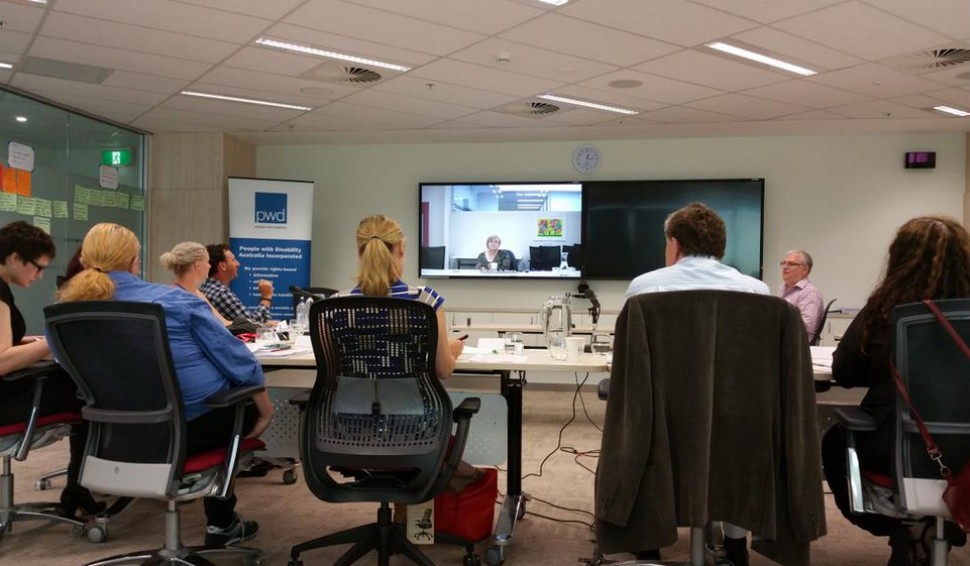And the NDIS citizens’ jury verdict is…

As Craig Wallace, President of People with Disability Australia, told Every Australian Counts in February, a person- centred scheme needs a person-centred appraisal and that’s why the jury was convened.
Big thumbs up
The good news is that the jury gave a big thumbs up to the NDIS and how it is transforming lives. Its members found that the NDIS improved participation in the community and independence. They gave as one example the experience of a participant who, for the first time in her life, was planning to move out of home and into a share house thanks to the NDIS.
The jury also found that the NDIS provides high levels of choice and control to participants – to set their own goals and choose their preferred service providers. Participants also feel more confident about their own futures and relieved at not having a constant worry about how they would be supported as they got older.
The person-centred approach was seen to be working – empowering people with disability to set their own destinies for the first time. Many participants reported increased self-esteem.
This is exactly what we at Every Australian Counts hear from participants in the trial sites and you can see some examples and watch a video from some participants we have spoken to.
How it can be even better
The Citizens’ Jury also made a range of great recommendations to make the NDIS even better for people with disability as it rolls out. Here’s what we see as the top five:
1. Lets get better at planning
The planning process is critical as it sets out the goals and aspirations of the person with disability and how they will reach them. The jury recommended more information about this process ahead of time, some advocacy for people with disability through the process and better training for the planners themselves. They also thought planners performance reviews should include feedback from participants, not just their colleagues. (Check out the advice on planning from some of the participants Every Australian Counts interviewed.)
2. Don’t take away services before others are in place
Seems obvious but the jury found that some government service delivery is being stopped without any thought of transitioning to other providers and that is impacting on people with disability and their families.
3. Communicate better with participants and ensure complaints mechanisms are in place
There are a host of specific recommendations that would fall under this category including having information available in different formats, make NDIS website more user-friendly, train front-line staff to be better communicators and ensure participants are aware of their rights and what complaint mechanisms are available to them.
4. Make sure participants are involved in the ongoing review process
The jury recommends independent research on participation satisfaction rates and the establishment of a ‘participant experience panel’ including real people in the trial sites who can give ongoing feedback and suggestions for improvement as the NDIS rolls out across the country.
5. Get the word out!
The jury found that lots of people came to know about the NDIS via other services such as doctors, child care workers, hospitals etc. The jury recommended a comprehensive plan be developed for reaching those workers as well as a national awareness campaign for the Australian community to learn more about the NDIS and who qualifies for it.
These are just a few of the many recommendations from the jury. Read the full report and all the recommendations.

Join the conversation